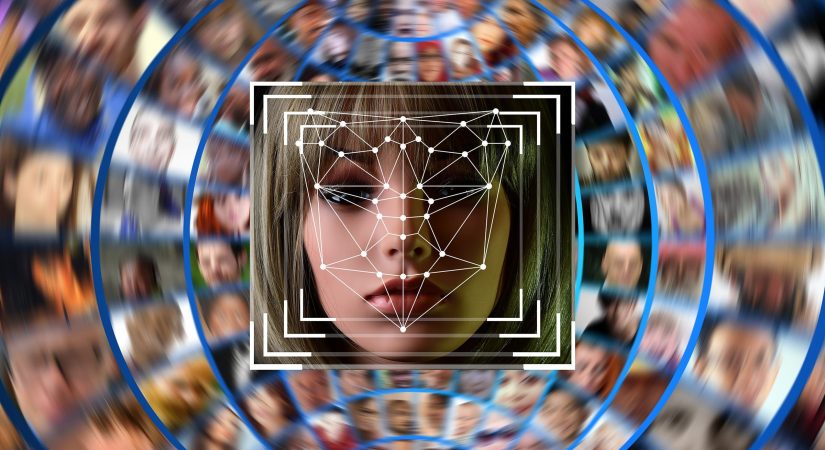Facial recognition company Clearview AI has conducted close to a million searches for US police, according to its founder, Hoan Ton-That. The firm has also amassed 30 billion images, scraped from social media platforms without users’ permission, and has been fined millions of dollars in Europe and Australia for privacy breaches. Critics have argued that the use of Clearview puts people in a “perpetual police line-up”, with one warning that the technology is “far too invasive”.
Clearview’s system allows law enforcement agencies to upload a photograph and find matches in a database of billions of images. The American Civil Liberties Union took Clearview to court in Illinois for violating privacy law, leading to most US companies being banned from using its services. However, police forces are exempted, and hundreds of US forces now reportedly use Clearview.
Miami Police uses software for every type of crime
Miami Police confirmed to the BBC that it uses Clearview AI for every type of crime, in a rare admission by law enforcement of the effectiveness of the technology. Assistant Chief of Police Armando Aguilar said his team uses the system around 450 times a year and that it has helped solve several murders. Critics argue there are almost no laws covering the use of facial recognition by police, while a handful of cases of mistaken identity have been recorded. While Clearview has pointed to research that shows it has near-100% accuracy, this is based on mugshots, with its accuracy in the real world dependent on the quality of images fed into it. The company is also alleged to have provided its technology to defence lawyers in specific cases.
Calls for scrutiny and a ban
Civil rights campaigners are demanding that police forces be transparent about their use of Clearview and that its accuracy be scrutinised by independent experts. They also want the algorithm to be tested in court and are sceptical of the company’s claims. Criminal defence lawyer Kaitlin Jackson has argued that Clearview’s accuracy has been overstated, saying that when images from CCTV are used, “there is no way to know” that the system is accurate. Some lawyers have said that Clearview’s use of facial recognition technology comes at too high a cost to civil liberties and should be banned.
